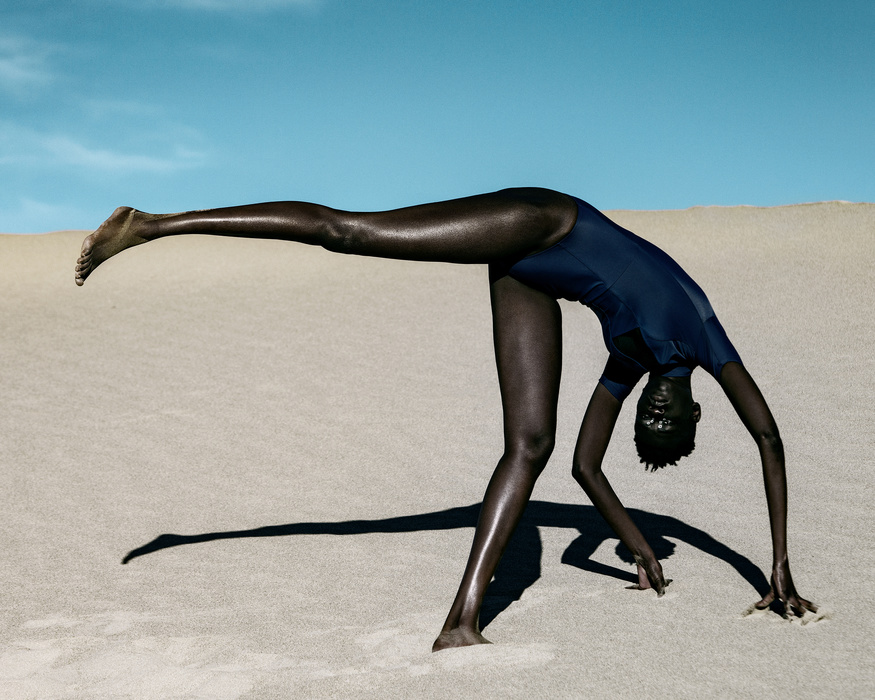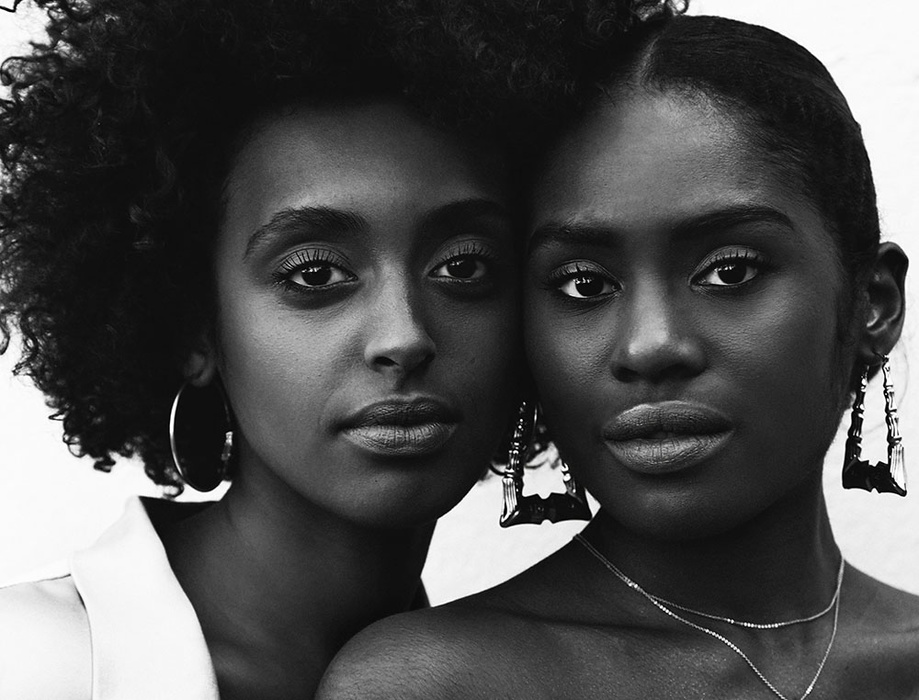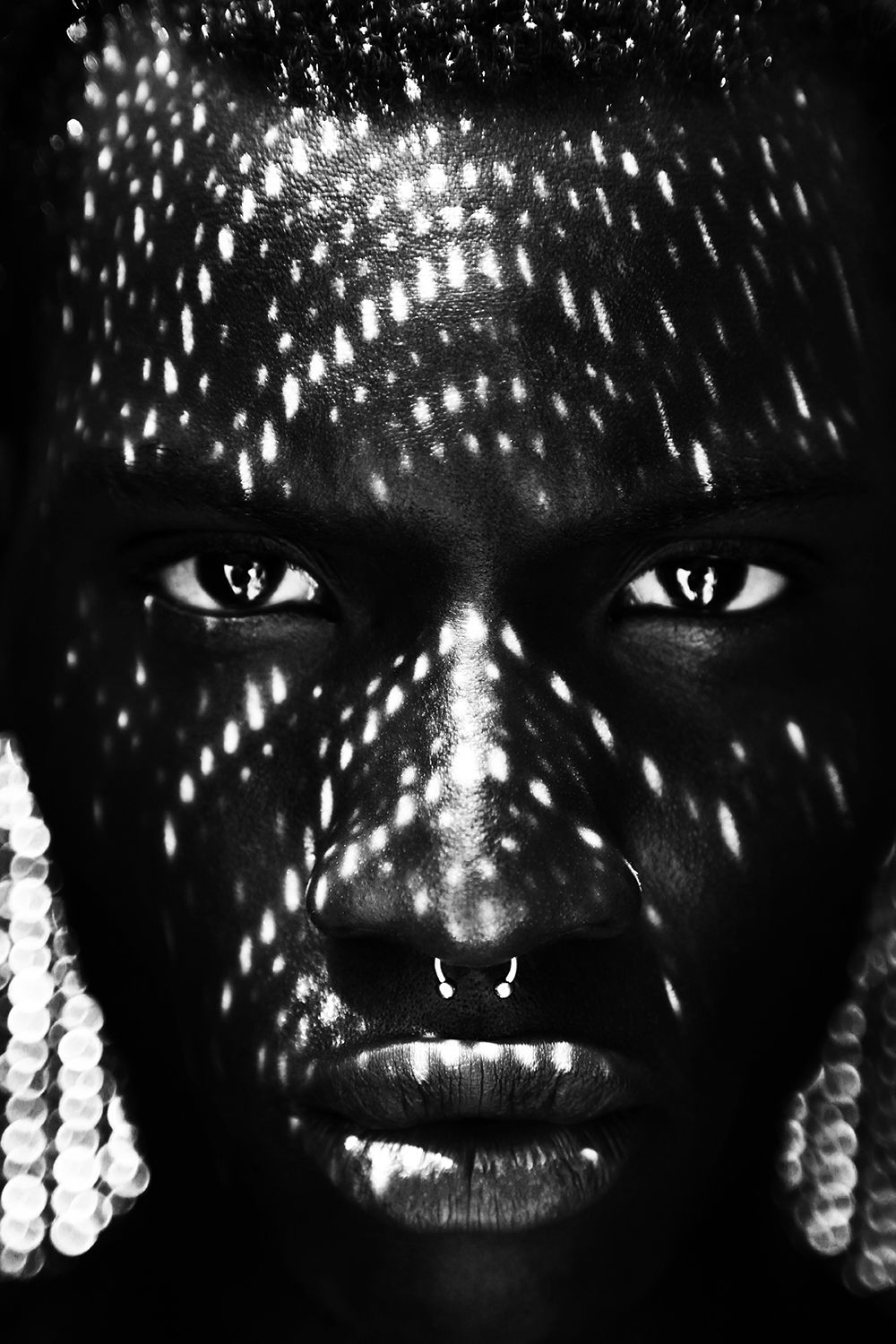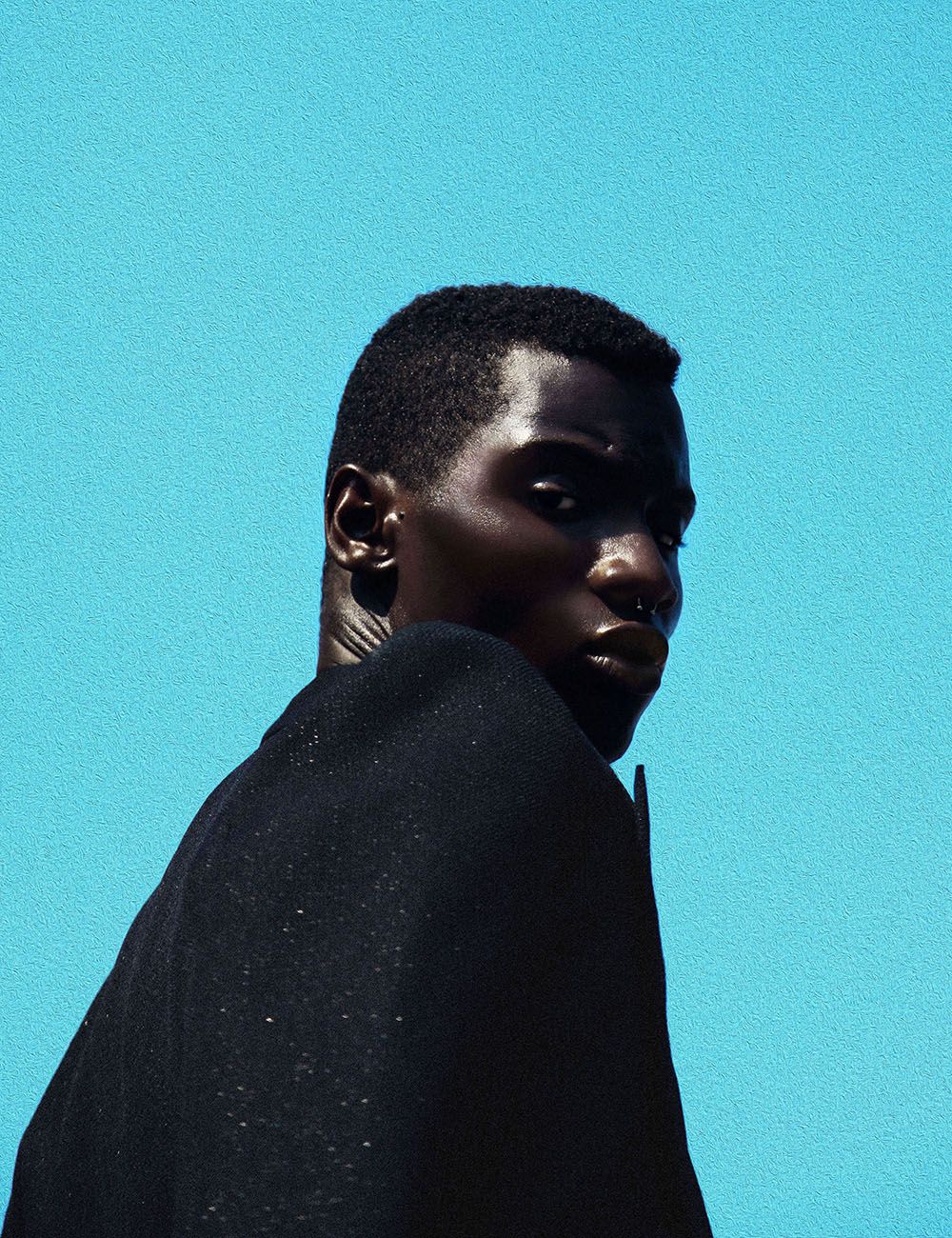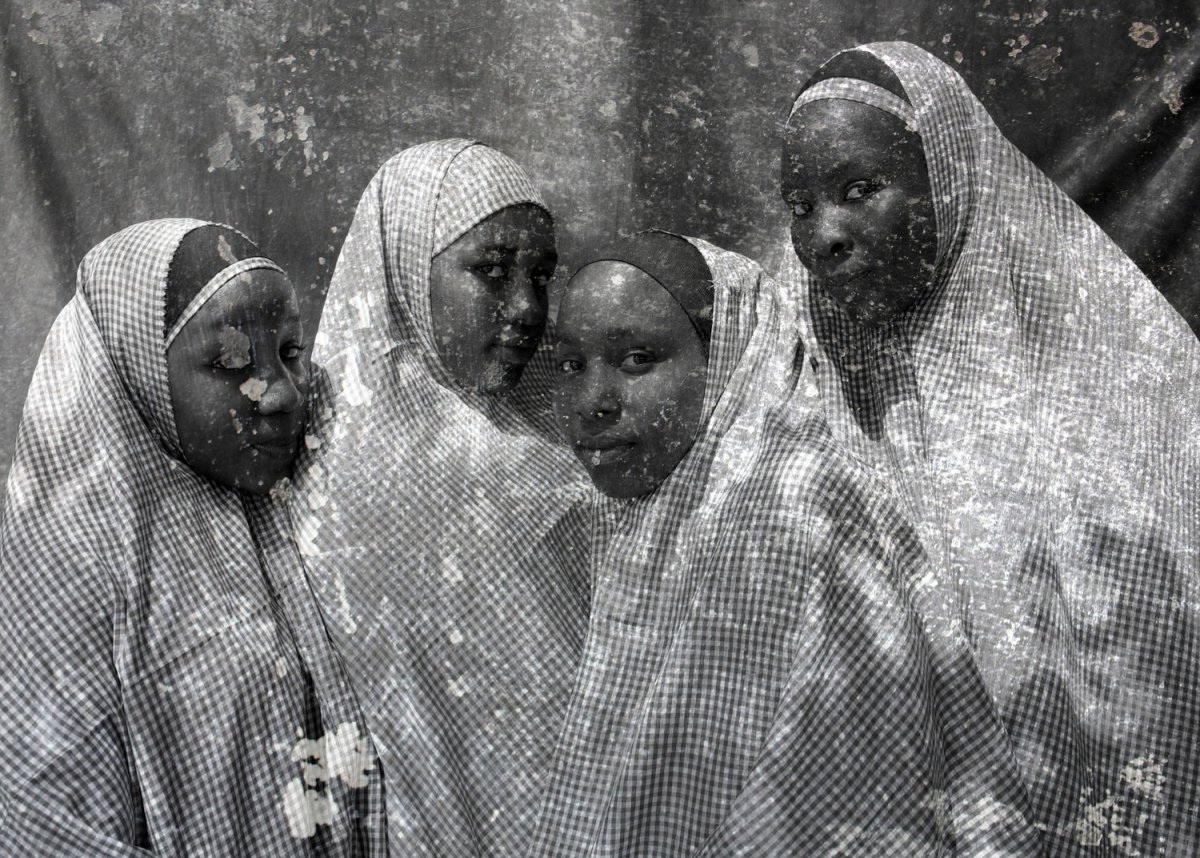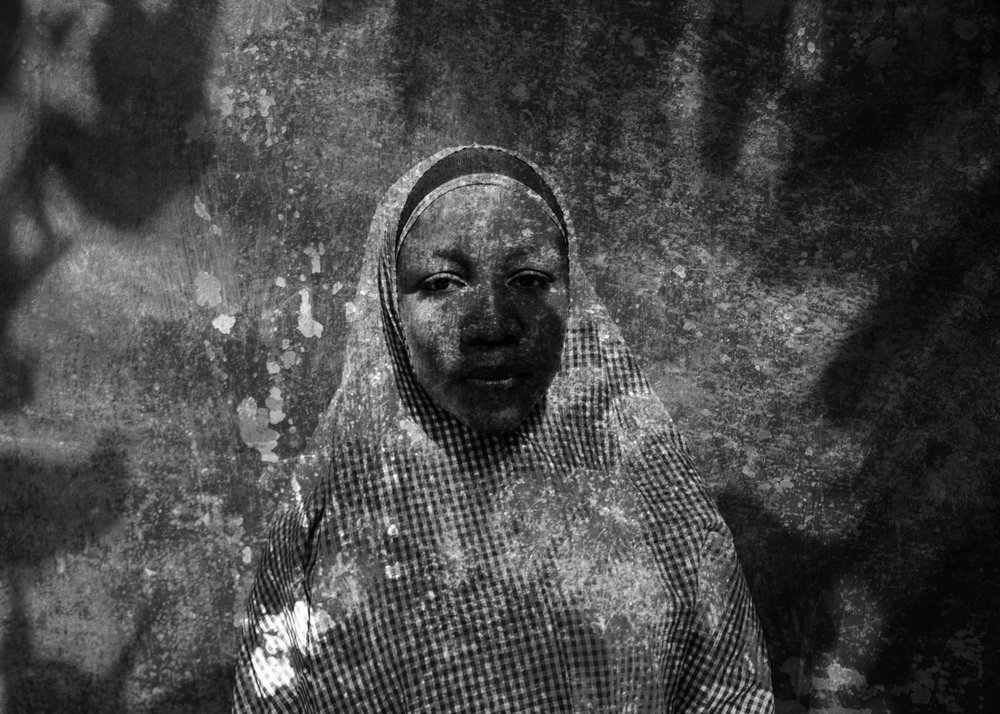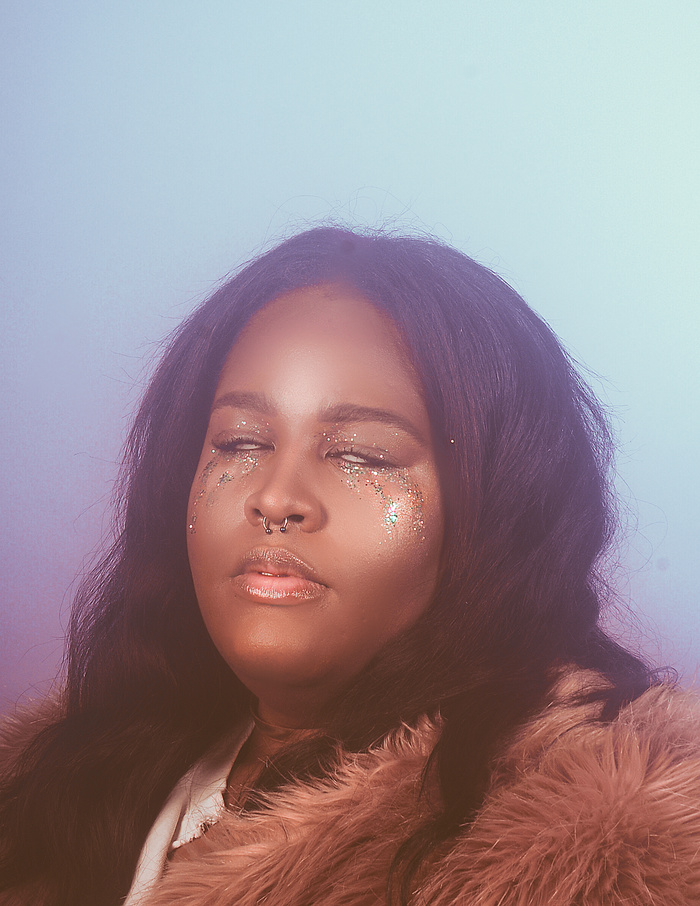Rawness used as a tool of empowerment. A shutter that constructs a narrative around the individuals captured. A constant return to documenting the movement of the human form and the beauty of the black body. A visual activism. A visual voice.
Dana Scruggs is a photographer based in Brooklyn, New York. Her string of victories in the photography profession include capturing Tori Bowie (Olympic gold-medalist and the fastest woman in the world) for ESPN’s 10th edition of their Body Issue. With this editorial Dana broke barriers by being the first black female photographer to have contributed to this issue.
A raw approach becomes a voice for a community and acts to represent and celebrate the black body in all its infinite beauty. The realness in her work showcases individuals in a perspective that is hardly seen but mostly felt. By this I mean that her work translates as an emotion – as an embodiment of the people she photographs.
In an interview with DAILY RITUAL Dana expresses her view on the industry, “Representation matters not just in front of the camera but behind it as well. Brands, mags, & galleries need to look at how they may be feeding into a culture that’s not inclusive of Black women and not inclusive of women of color. It’s not enough to have Black women in your magazine, ad campaign or grace the walls of your gallery. As artists, our voices have been underrepresented and underemployed for far too long. Make the effort to seek us out… MAKE THE EFFORT TO BE INTERSECTIONAL.”
To check out more of her work visit her website.
